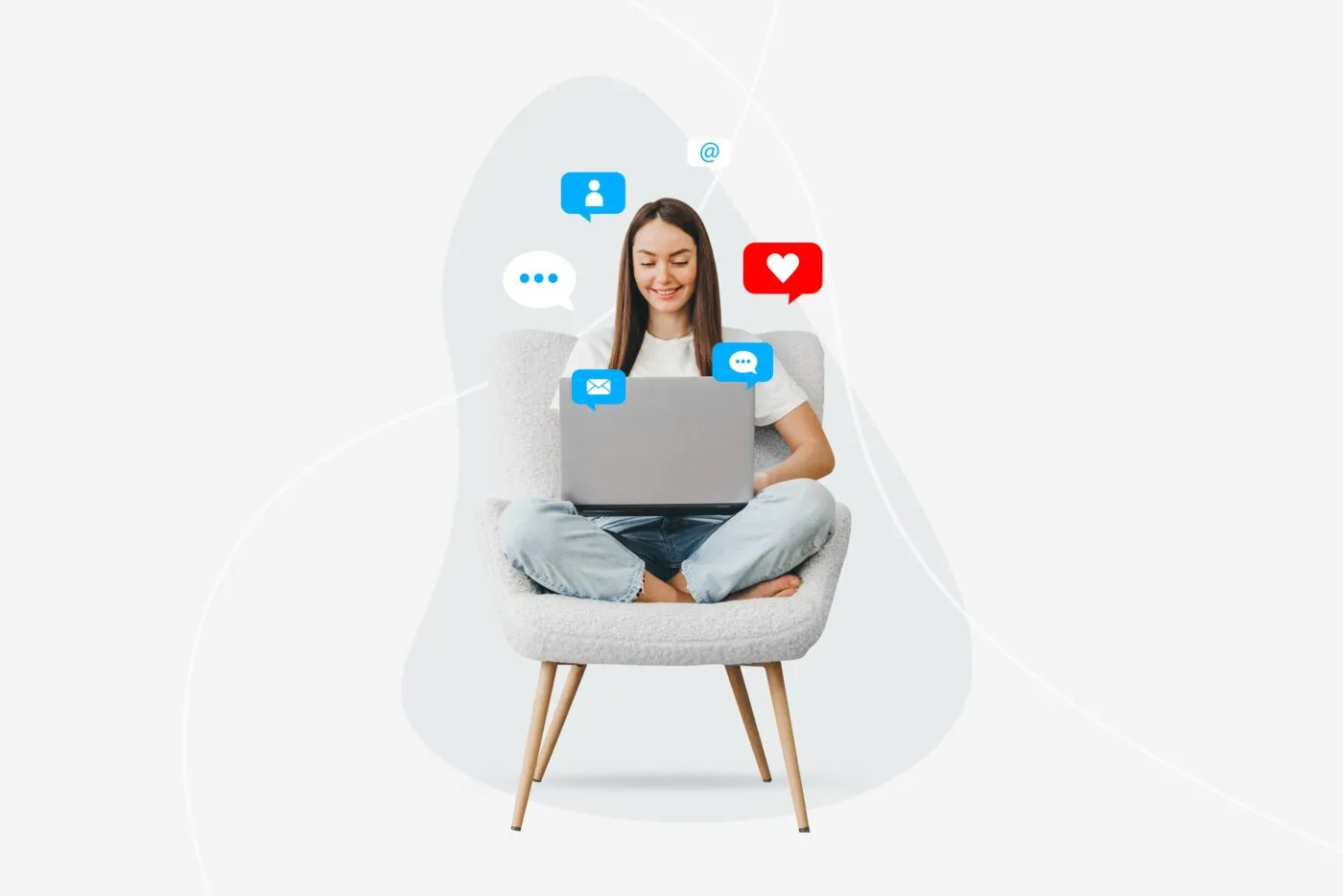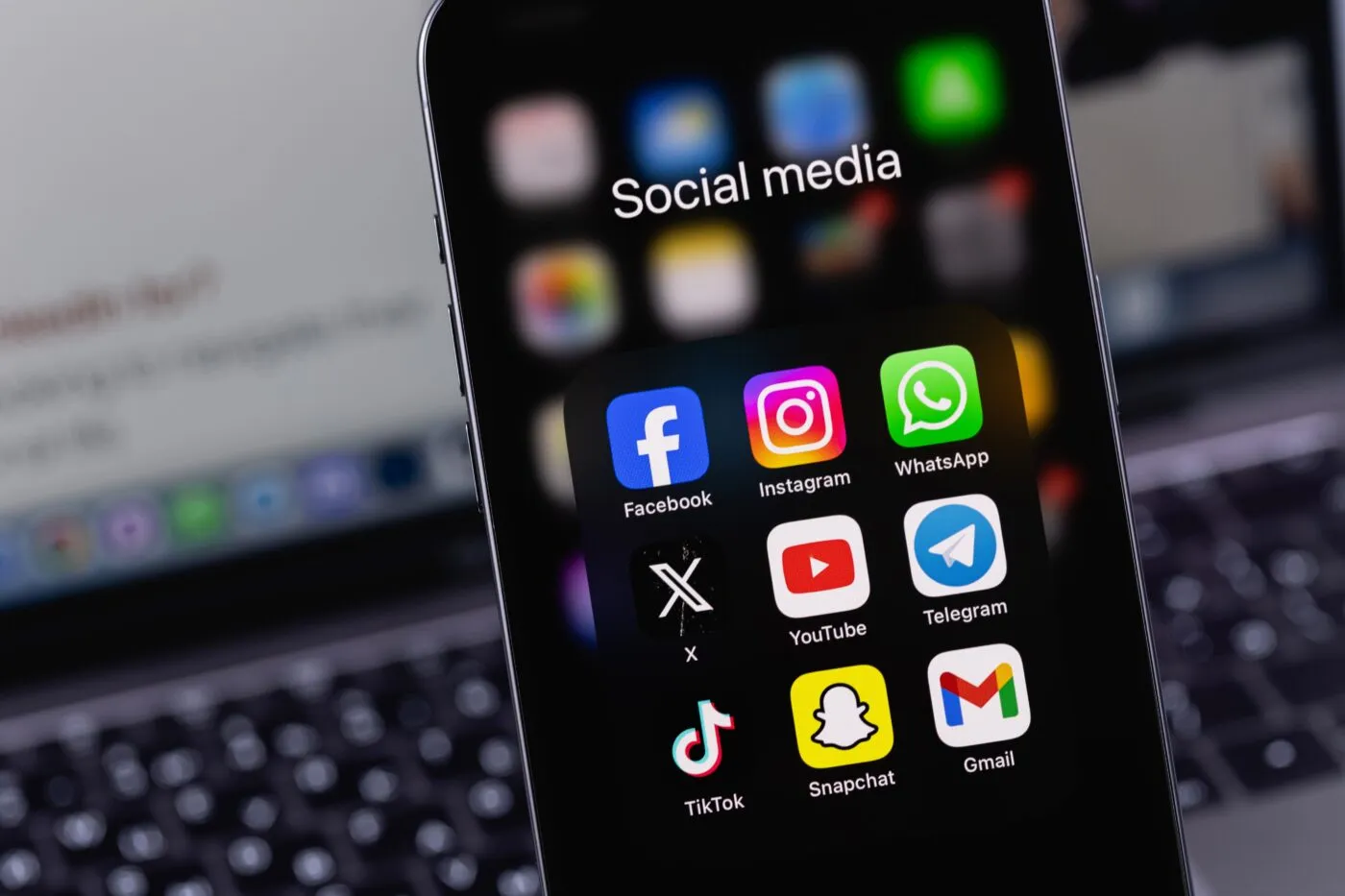
Social Media: New Year, Same Questions
A recurring theme during many holiday conversations was the effect of social media on society as a whole and more specifically adolescents. The comments ranged from the typical curmudgeon griping about lazy kids glued to their phones, to more serious conversations revolving around the negative comments and social pressures that come with social media and how they are affecting the mental health of our developing youth.
The internet has given a platform to those who would not typically have a voice. There are many positive aspects to this platform, for example, people who are geographically isolated or might be brilliant writers but shy when speaking have been liberated, and while sitting in their living room, they can reach millions. Unfortunately, this same platform allows the worst of humanity also to be heard, and now with constant and immediate feedback on every aspect of life, we are now feeling the fatigue.

With the rapid pace of innovation in technology and how we interact it has been difficult to find permanent solutions. Everything is new, and the mental health of our teens are at times suffering the consequences. We continue to ask questions on how to manage internet usage for our teens so that it is an enriching experience while avoiding as much negativity as possible.
In an article published by the Greater Good Science Center at UC Berkeley, Diana Divecha gives us Five Tips for Helping Teens Manage Technology.
- Support teens’ social lives online and off
- Balance breadth and focus on intellectual development
- Foster emotional and attentional self-awareness
- Prioritize offline connections
- Watch for trouble and intervene
“Support teens’ social lives online and off.” As teens develop into autonomous individuals, personal relationships outside of the family become more important. The social lives of most teens now involve in-person and online connections. For those still wary of social media, they perceive online interaction as an unwelcome invasion of privacy. In today’s world, social media can be a fulfilling extension of in-person relationships through more accessible interactions that would typically be hindered by our busy schedules.
Most teens know between right and wrong, such as posting nude photos of themselves and are generally good at self-regulating online interaction. Unfortunately, the adolescent mind is still developing, and poor behavior can still arise. The same manners encouraged in real life should be encouraged online.
Teens should also be encouraged to continue to foster in-person relationships, and we should take time to facilitate these interactions.
“Balance breadth and focus on intellectual development.” Culturally for teens, we know to foster their interests and provide stimulation for their developing minds so that no matter who they want to be or what they want to do, they are successful. Social media and the internet can be successfully used to further this development if the focus is emphasized on using it as a tool.

“Foster emotional and attentional self-awareness.”
In the article, the author discusses a “Meta Moment.” This moment is the equivalent of being taught to count to ten before reacting when we are upset. This “Meta Moment” is particularly important online because when triggered it is much easier to react with seemingly no immediate repercussions, such as posting a negative comment on social media. Unfortunately, a negative reaction online can be made available to millions in seconds. Where a person in the past would typically be able to make adolescent mistakes in private, they are now broadcast to the world and not so quickly forgotten.
Teens can be impulsive, so we should emphasize and lead by example with the same conduct we have in real life should be maintained online. It is encouraged to set aside time with your teen and discuss difficult topics that may be triggering and discuss how to handle their reactions by taking a “Meta Moment” or with generations passed, “counting to ten.”
“Prioritize offline connections.” As adults, we struggle to maintain balanced lives with healthy habits. Although a struggle we all know the importance of a balance and insurmountable mental health benefits that come with a bit of effort in prioritizing our time. The same prioritization should be taught to teens especially when technology has allowed us to very easily retreat from tasks that involve a little effort.
Real life away from your phone or computer takes effort and can be exhausting, but the emotional rewards from connecting with your community and environment are immeasurable. For this reason, teens technology use should be limited and again, so should yours.
“Watch for trouble and intervene.” This last tip from Divecha is relatively simple, pay attention in real life and online. Look for signs that social media or internet use may be negatively affecting your teen. Be vigilant and make yourself available to communicate about what may be going on when you see signs of trouble.
There will always be questions on how to manage our children’s interactions with social media and an ever-changing world. We may never have all the answers, but if you’re looking for them and reaching out to get your teen help from a facility like Beachside Teen Treatment Center –
You’re doing better than those whose solutions would require a time machine and a way to thwart the ever-curious minds of humans to learn, innovate and interact.




